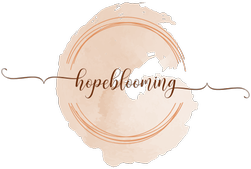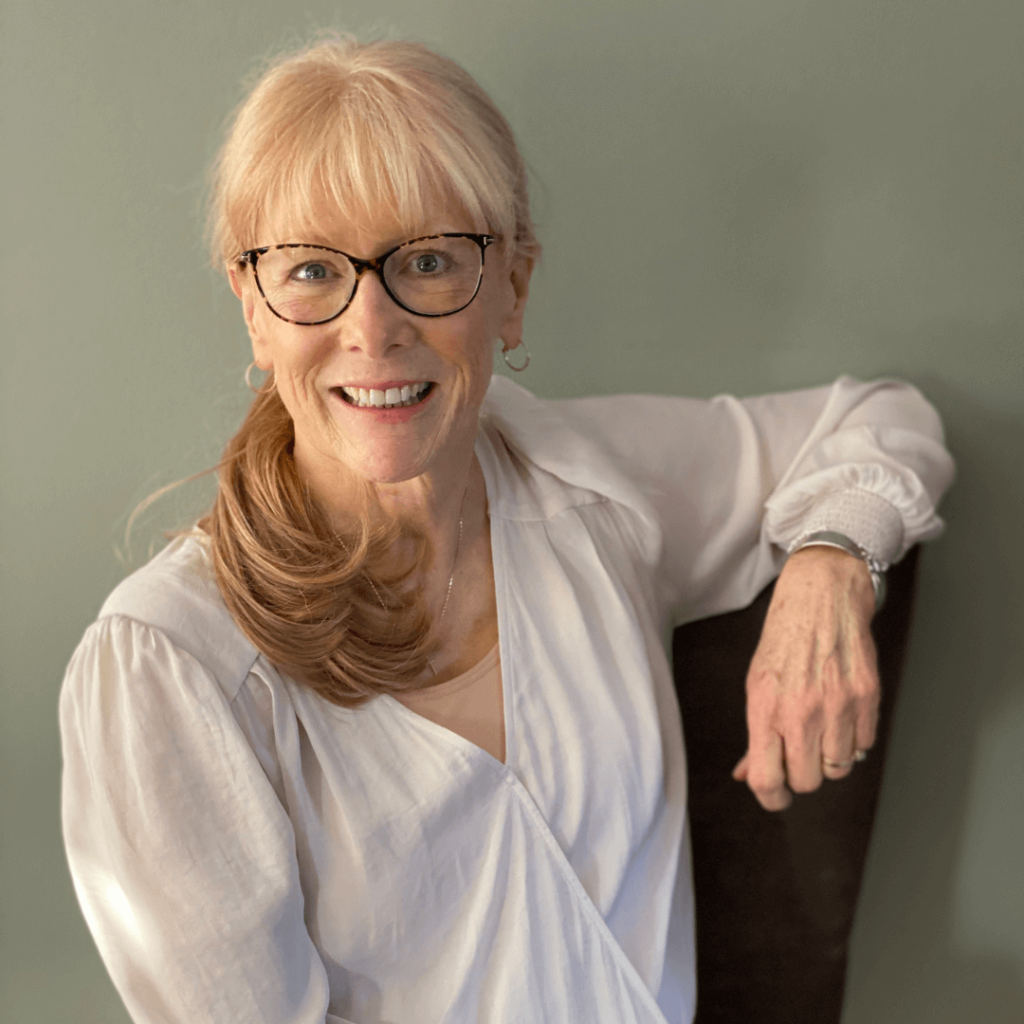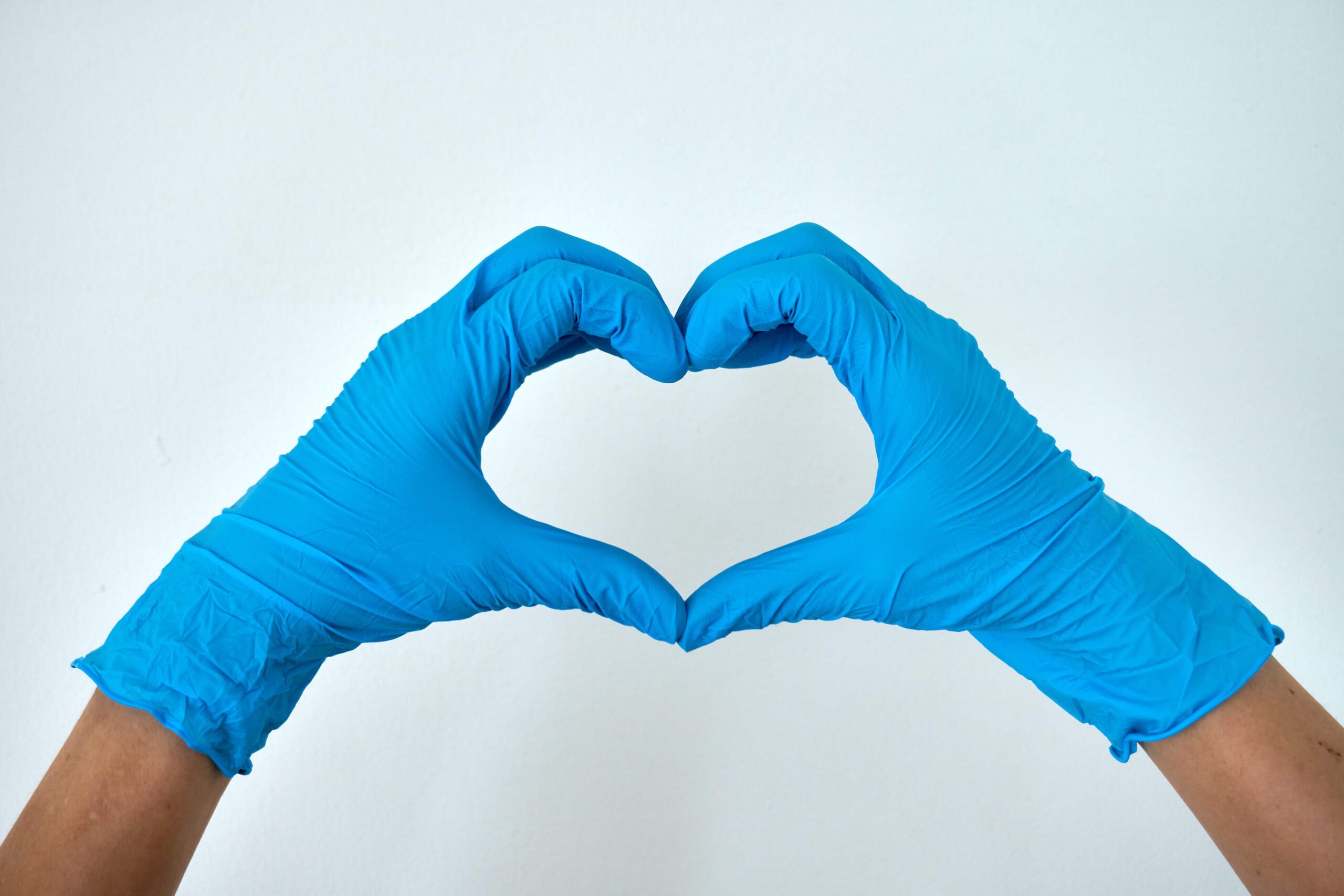
Being a friend when your friend is diagnosed with cancer

When the Unexpected Arrives
1 March 2023
Books Have the Power to Change us
31 May 2023Being a friend when your friend is diagnosed with cancer
Have you ever received news that a loved one has been diagnosed with cancer? It’s so hard to hear and process isn’t it?
The announcement of a loved one having cancer can be challenging to maneuver because it affects every part of us – body, soul (mind, emotions, decisions/choices), and spirit. Not just that, but it affects our relationships too!
Bodily, we might experience an internal physical reaction – like someone punched us in the gut, or a chest tightness, or maybe it’ll be an aching forehead, or tight neck and shoulders – it seems to first show up differently for each of us.
Then our mind automatically responds to that physical response and it might come up with all sorts of questions…
- Why? What caused it?
- How severe is it? What their prognosis?
- How will it impact our relationship?
- Can this happen to me?
The things we think about and dwell upon also affect how we react emotionally and can influence our choices and decisions about how to act or not.
Emotionally we might become fearful and turn to sadness, tear up, or respond with anger. We might even want to hide or withdraw to cope. No matter what our response is most times we are trying to recover a sense of equilibrium and safety after experiencing bad news that has turned our life upside down.
Spiritually we may start asking questions about our faith, our beliefs, our values, and begin to reconsider what we once understood to be true and begin to grow deeply in our faith and cultivate a faith-filled type of optimism that can bring us strength and courage to persevere in the face of huge obstacles. We might turn to God and prayer in new ways to renew our faith, courage, and strength. Sometimes we can go the other way and move away from God and faith for a time.
Our social relationships are also impacted – sometime for the better where they can become deeper. Sometimes they end. Beliefs, values, identity, priorities, focus, etc. can change and these changes impact our relationships.
Can you imagine what the newly diagnosed cancer patient is experiencing?
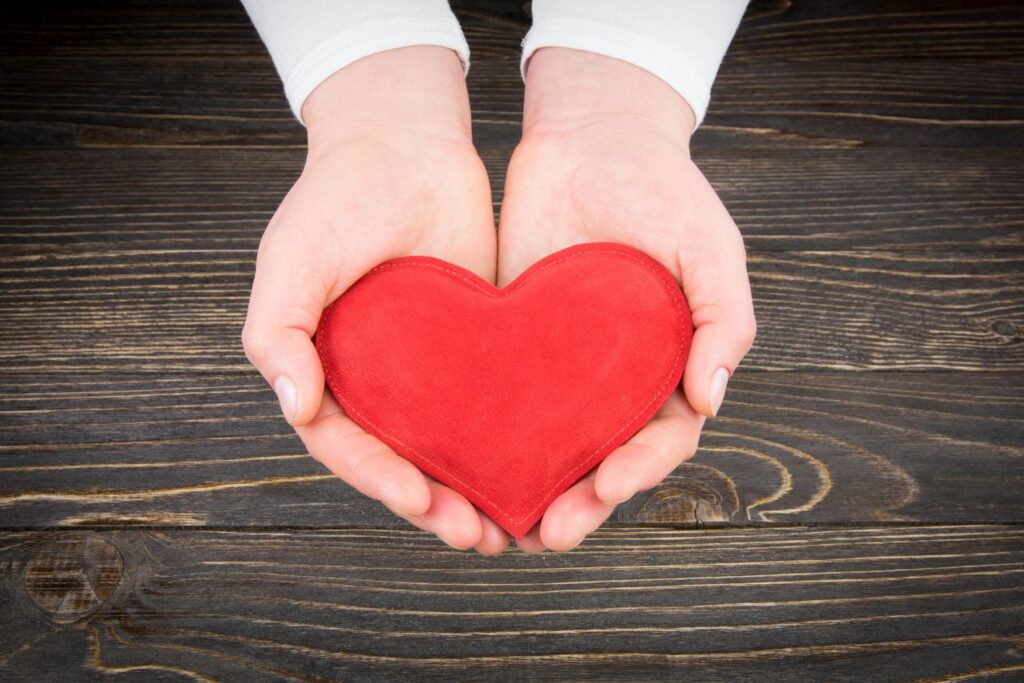
If this is just a bit of what we, as a friend, might experience when we are looking in from the outside can you imagine what the newly diagnosed cancer patient is experiencing? Receiving such news throws a cancer patient’s life into total chaos where they not only have to deal with all the tests, treatments, surgeries, physical and emotional pain and suffering, identity issues, physical disfigurement, they also have to deal with a growing sense of a loss of control, unanswered questions, numerous changes, and an unknown future, and having to break the news to family and friends and deal with their reactions too. Facing such a life-threatening experience can be a crisis that may also be traumatic for many.
I can clearly recall one time early in life when I was oblivious about the impact of cancer on a friend and school roommate. I mistakenly thought it was like having your appendix out. I was quite practical and matter of fact about it looking only on the surface without looking any deeper or considering what that experience might be like from a wholistic perspective. For me it was simple. You get diagnosed, go to the hospital, have surgery, wait a few weeks and all will be better. And life moves on. I couldn’t have been more wrong about a cancer journey. My friend has since passed away and deeply regret that being so matter of fact lacked compassion. And I regret not being a better friend in her journey. And I don’t want to live with any regrets.
… eventually I realized that being a matter of fact lacks compassion
When my father had lung cancer, I got a closer view of a terminal cancer patient’s journey. Radiation was his only course of treatment to keep him comfortable because it had already metastasized throughout his body. It was a six-month journey filled with a great deal of pain and fear for him. I wanted to help along this journey. I recall the many drives to his treatments, the doctor appointments, and the late, midnight hospital visits towards the end when he was so scared and felt out of control. He died on Christmas day when I was 32 years old. It was difficult for me to support and journey with him but I’m so very glad I did. I have no regrets there. And I learned about the importance of compassionate care for the suffering. The kind of care that brings hope.
Cancer arrived at my own doorstep!
Then two short years ago, it became my turn. Newly diagnosed with a disfiguring oral cancer my eyes were opened wide enough to realize how important it is for a strong community to walk alongside me in a cancer journey. I’ve been blessed with a wonderful husband, children, family, and friends who faithfully walked alongside me, prayed for me, and encouraged me in my journey – and still do. I could not have done this without them.
Bringing compassionate friendship to a friend facing cancer …
So, in honor of these good-hearted, compassionate people, I’ve compiled some suggestions about how to be a friend based on the loving-kindness I received as an early cancer patient who was the recipient of many generous hearted people.
FREE PACKAGE AVAILABLE:
- Some do’s and don’ts to consider when a friend is on a cancer journey
- Did you know?
- Try to remember …
- 25 Ways to encourage a friend facing cancer
If you’d like to receive a copy of these handouts – please subscribe to my monthly email and I’ll send you April’s email copy with the handouts attached! If you’re alreeady a subscriber … check your email!
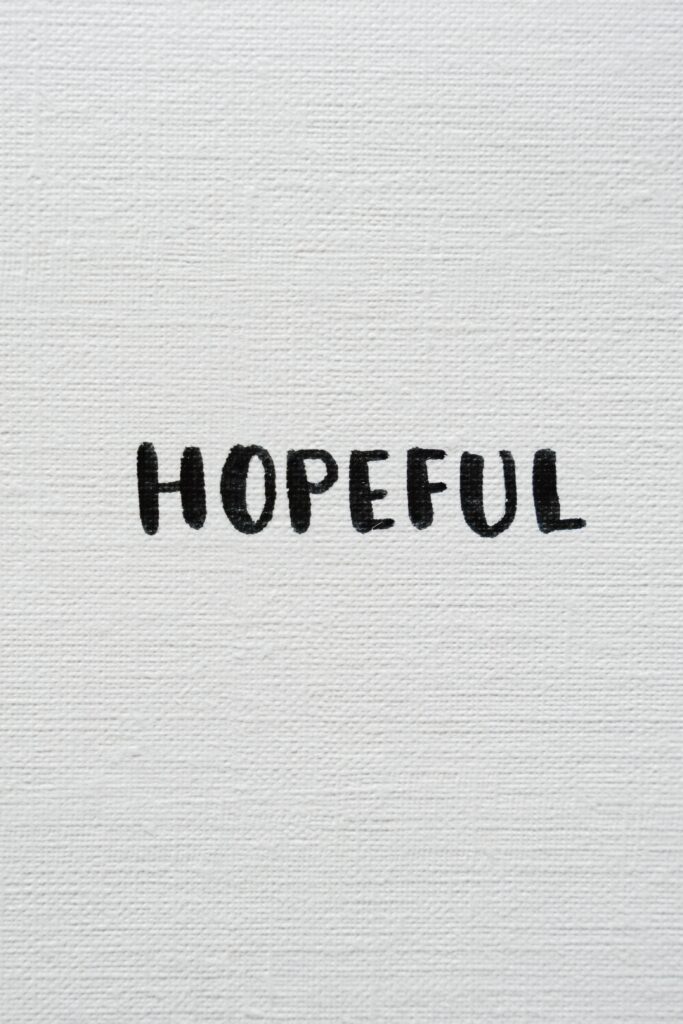
Check back often!
Sign up for our newsletter
